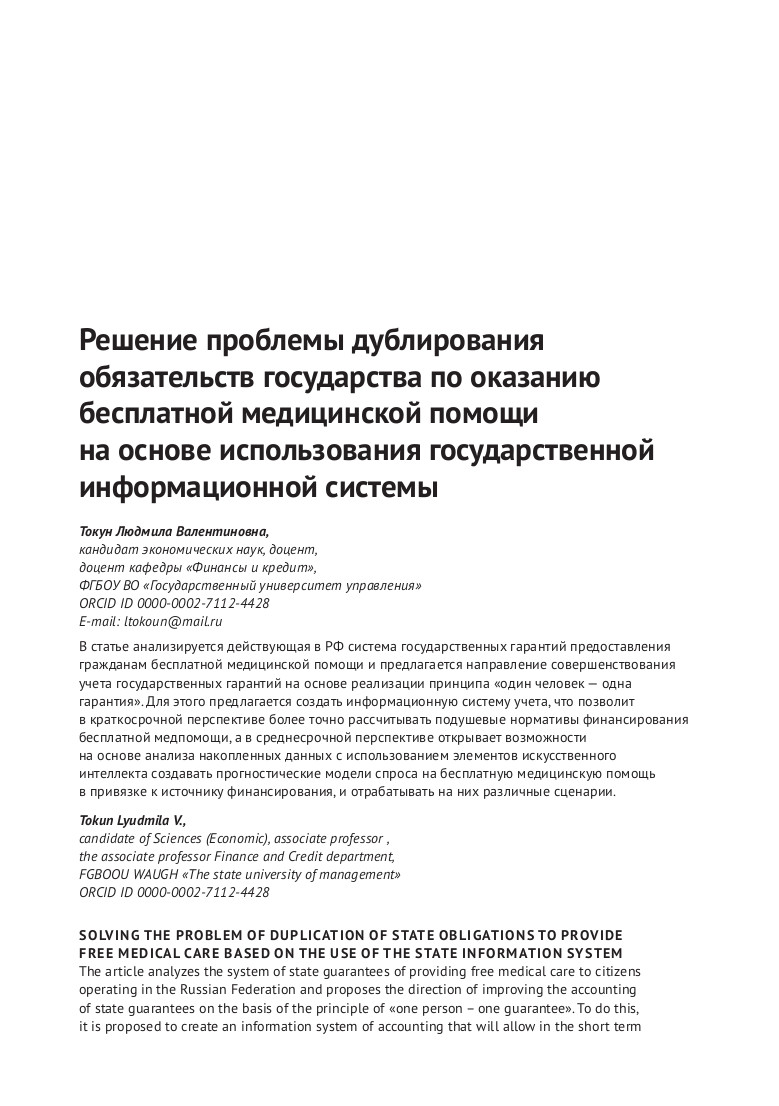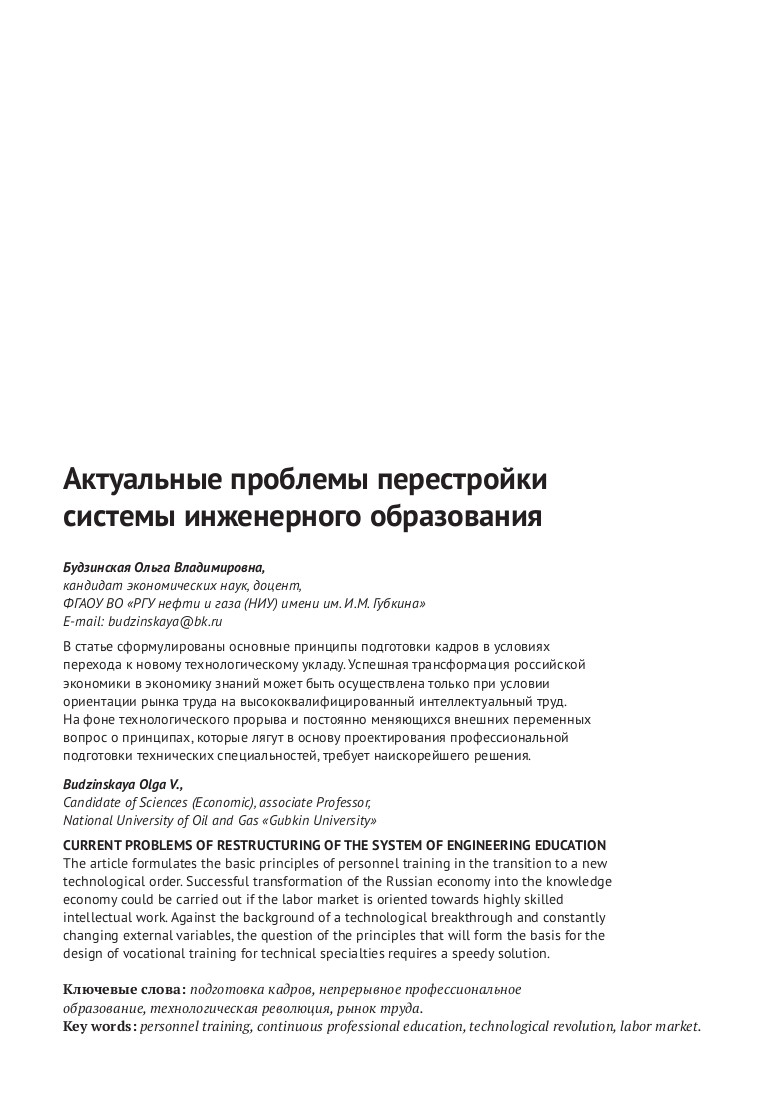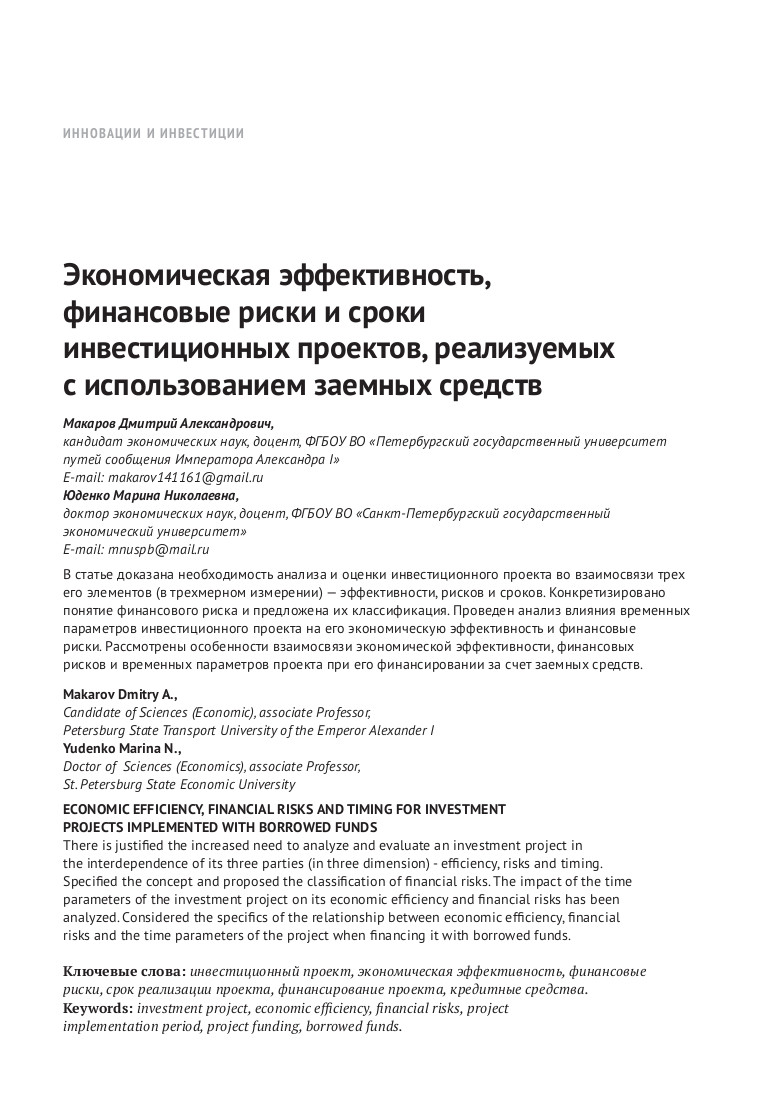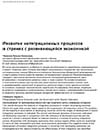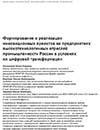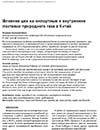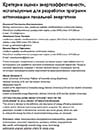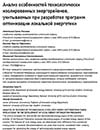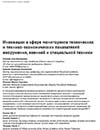Solving the problem of duplication of state obligations to provide free medical care based on the use of the state information system
The article analyzes the system of state guarantees of providing free medical care to citizens operating in the Russian Federation and proposes the direction of improving the accounting of state guarantees on the basis of the principle of «one person – one guarantee». To do this, it is proposed to create an information system of accounting that will allow in the short term to more accurately calculate per capita standards of financing of free medical care, and in the medium term opens up opportunities based on the analysis of accumulated data using elements of artificial intelligence to create predictive models of demand for free medical care in relation to the source of financing, and to work out different scenarios on them.



